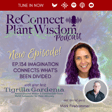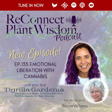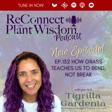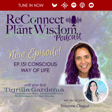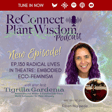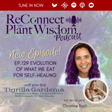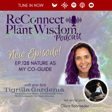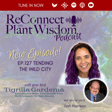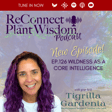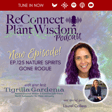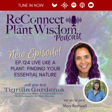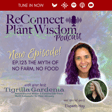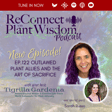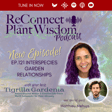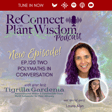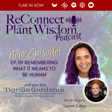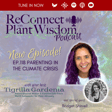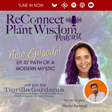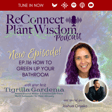
Ep.76 Are You A Molded Version of Who Others Want You To Be?
In this episode, we dive into how often we unknowingly mold ourselves to fit others' expectations—just like city trees shaped by human intervention. Did you know, people are 50% more likely to take advice from friends than from experts. But if our friends and family suffer from the same conditioning and limiting beliefs, is their advice really in our best interest?
Using trees as a metaphor, I explain how forest trees grow in harmony with their surroundings because they know themselves. Meanwhile, city trees are pruned and shaped by external forces, often growing in unhealthy ways. Similarly, when we seek advice from others, we risk being molded by their own conditioning.
Topics Covered about who others want you to be
➡️ How friends’ advice can reflect their limiting beliefs.
➡️ Lessons from forest trees about natural growth and self-expression.
➡️ Why city trees reflect unhealthy growth patterns caused by external pressures.
➡️ The subtle impact of conditioning on your life choices.
Resources Mentioned
🌱 What limiting belief is holding you back?
🌱 Befriend Your Limiting Beliefs webinar
🌱 Coaching and Mentorship with me and plants
🌟Connect with nature-conscious creatives, multipotentialites, and naturentrepreneursin the premier online ecosystem that nourishes plant reawakening and community support for accelerated evolution and co-creation with otherkin. >> JOIN OUR COMMUNITY <<
☝🏽ReConnect with Plant Wisdom podcast Ancient and modern knowledge from biology to spirituality about the wondrous ways plants help you lead a Naturally Conscious life. Subscribe on your favorite podcast player.
// Let's work together: book a Discovery Call
// EcoConscious Business Partners:
Who Gives A Crap? Ecological Toilet Paper USA | UK | AU
Shop Here
// Opening and Closing music by Steve Sciulli and Poinsettia from The Singing Life of Plants
// Socialize with me Facebook | Instagram | LinkedIn | Youtube

